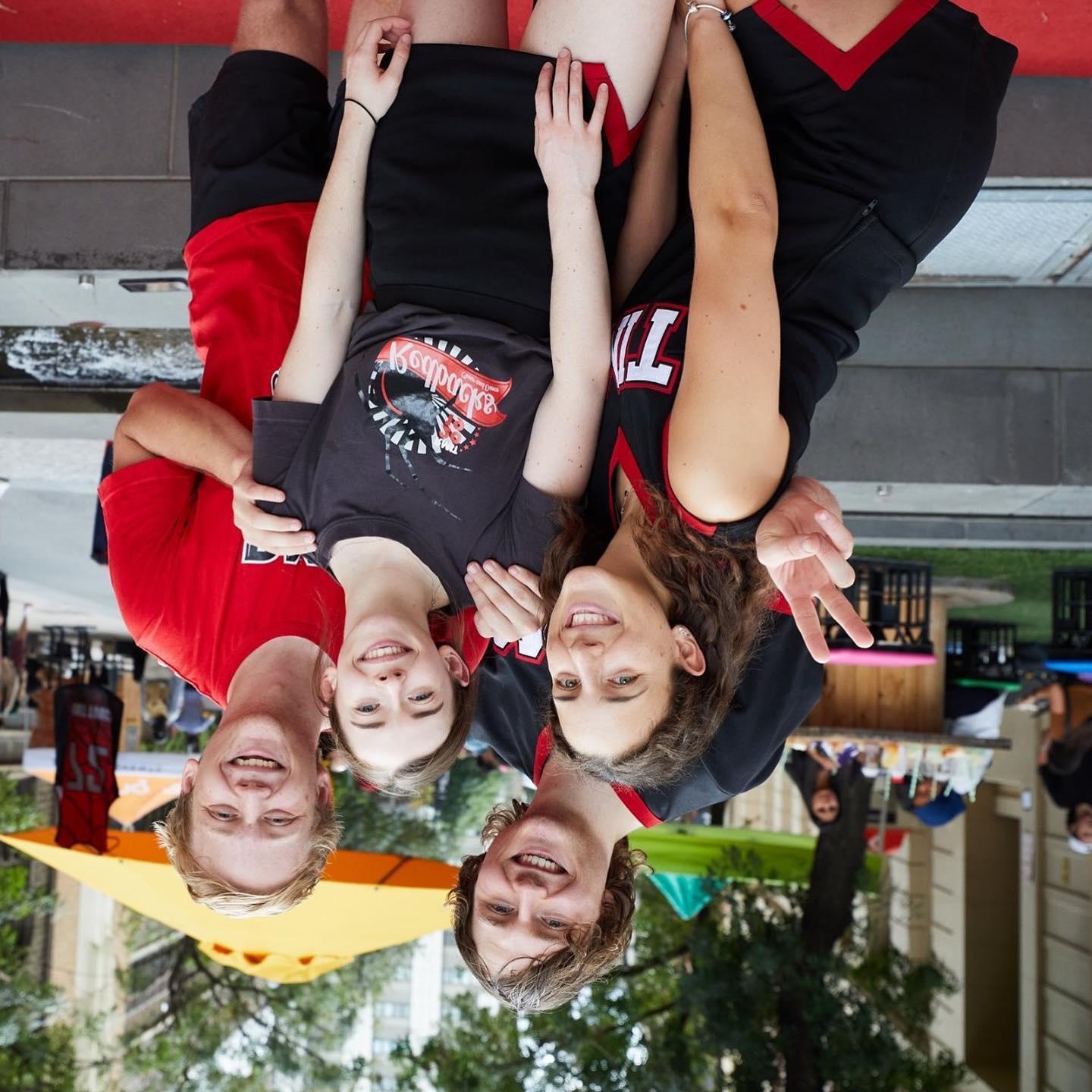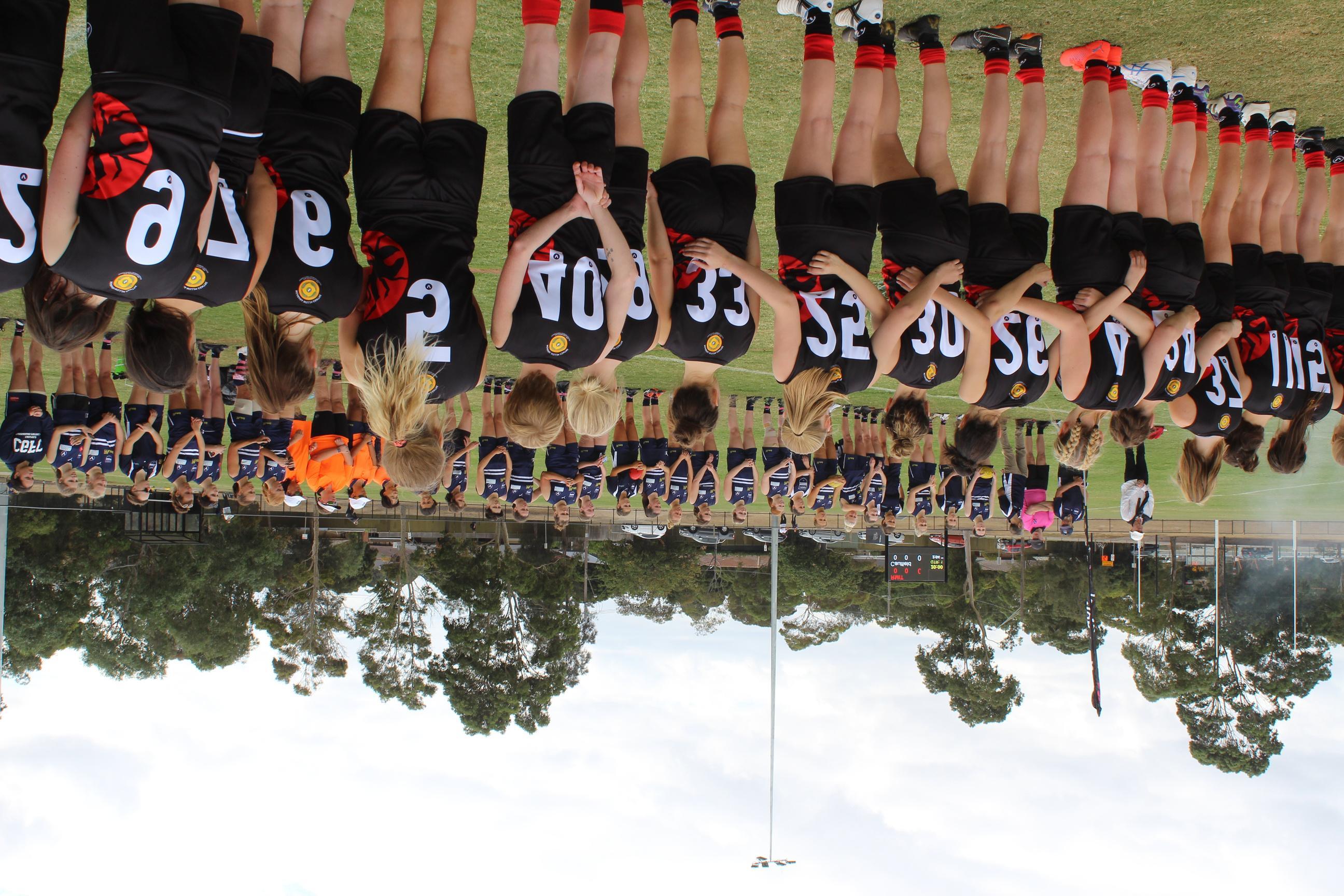6
DIVERSE GENDERS, SEXES AND SEXUALITIES
DGSS Inclusive Language Language shapes our understanding of topics and how we interact with others. Using inclusive language ensures we do not leave anyone out of our events and programs and individuals are seen, heard, and invited along.
Using gender neutral language: Communication plays a key role in this. Telling a teammate to ‘man up’ or that they ‘run like a girl’ both use outdated gender stereotypes and are likely to cause offence. This sort of language can also shape an understanding of what individuals believe they can achieve based on gender stereotypes. When addressing a group of people, terms such as ‘hey guys’ can easily be replaced with gender neutral options such as team, folks, friends, mates and many more.
Respecting pronouns: A person who identifies as trans, non-binary or gender diverse may not use binary pronouns such as they/them/theirs. If you do not know what pronouns someone uses, then it is best to ask or use their name when referring to someone in third person. Remember you cannot ‘tell’ if someone is trans, non-binary or gender diverse by looking at them so avoiding assumptions is key. It is okay to ask someone what pronouns they use directly or ask for pronouns on a registration form. Next time you introduce yourself try sharing your pronouns as well.
We recommend the following options when asking for title, sex, and gender data: Title – Ms, Mr and Mx Sex - female, male, intersex, prefer not to disclose Gender - man, woman, non-binary, transgender, gender queer, prefer not to disclose and a free text option
Avoiding stereotypes: Stereotypes regardless of whether they are based on gender identity, sex or sexuality reduces a person to a single characteristic and should be avoided. As well as shaping our belief of people, stereotypes can drive social judgements. Although it is very natural to judge others it is what we do with those thoughts that matter and not allowing them to lead to prejudice or influence how we treat members of our community. In sport this means not assuming women cannot be strong or that gay men do not enjoy sports and so on. The more conscious we are about our unconscious bias, the more we as a community can challenge these harmful stereotypes that hold us back from our full potential.
Top Ten Tips to be an Effective Rainbow Ally
Learn more:
DGSS Days of Significance: International days of significance can be a great to align with when hosting an event or match, but not in all cases. Pride Month (June) for example, is often suitable for celebratory events such as a pride round, while 20 November is Transgender Day of Remembrance and may not be a suitable time to host a celebratory event.
We recommend checking where your preferred event date fits in with DGSS days of significance.
INCLUSIVE SPORT HANDBOOK |
14





